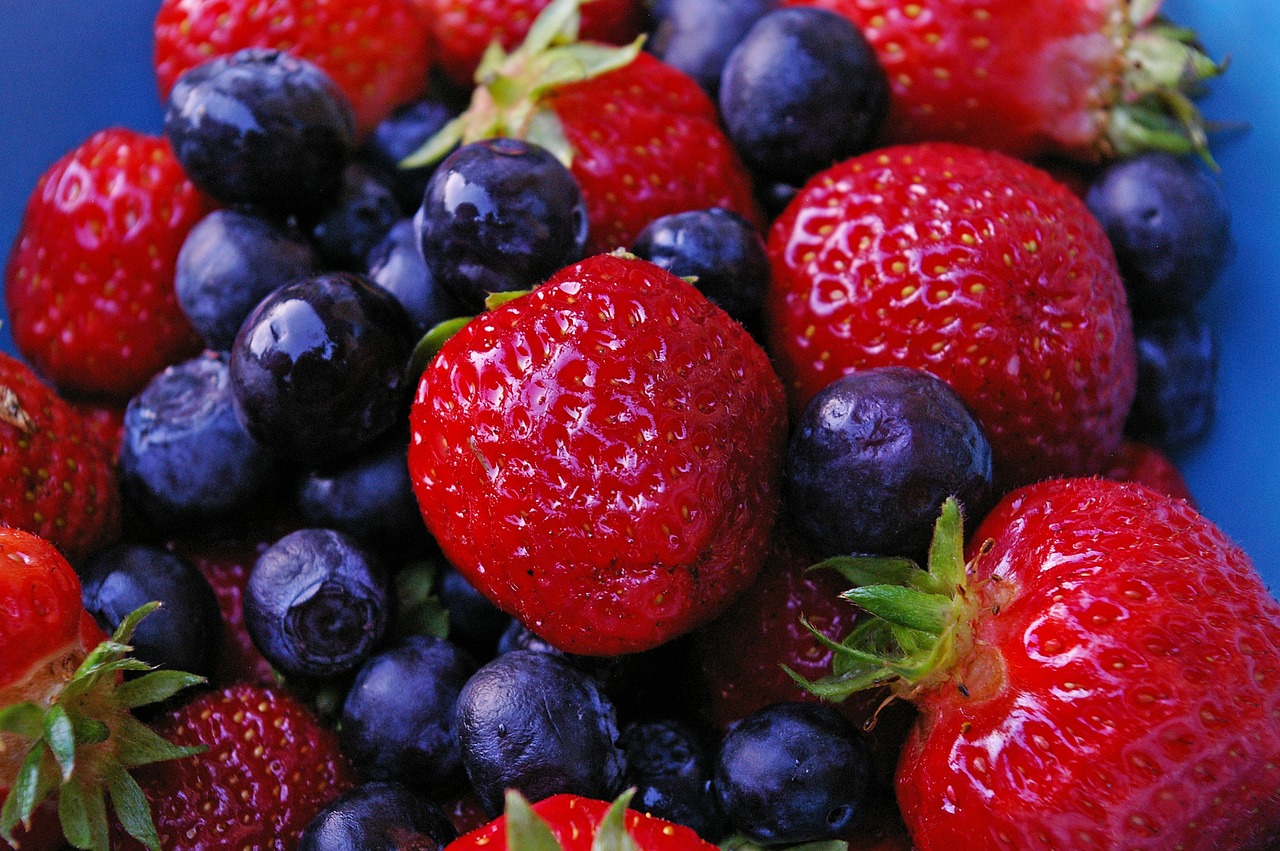Exploring the Health Benefits of Fermented Foods for Digestive Health
Fermentation is a natural process where microorganisms like bacteria, yeast, or fungi break down sugars in a food substance. These microorganisms consume the sugars and convert them into compounds like alcohol and organic acids. This process helps in preserving the food and enhancing its flavor and texture.
During fermentation, the microorganisms release enzymes that break down complex molecules into simpler ones. This not only helps in making the nutrients more accessible but also creates new compounds that can have health benefits. Additionally, fermentation can also increase the shelf life of food products by creating an acidic environment that prevents the growth of harmful bacteria.
The Role of Gut Microbiota in Digestive Health
The gut microbiota plays a crucial role in maintaining overall digestive health. These trillions of microorganisms living in our gut help break down food particles, absorb nutrients, and even play a role in immune function. A balanced and diverse gut microbiota is essential for proper digestion and can impact various aspects of our health.
When the balance of gut bacteria is disrupted, it can lead to digestive issues such as bloating, gas, constipation, or diarrhea. Research has shown that an imbalance in gut microbiota, also known as dysbiosis, has been linked to various digestive disorders such as irritable bowel syndrome (IBS), inflammatory bowel disease (IBD), and even obesity. Therefore, maintaining a healthy gut microbiota through a balanced diet rich in fiber and fermented foods can be beneficial for overall digestive health.
Types of Fermented Foods and Their Benefits
Fermented foods have been consumed for centuries and are known for their unique flavors and health benefits. Some common types of fermented foods include yogurt, kimchi, sauerkraut, kefir, and miso. These foods undergo a process where natural bacteria feed on sugars and starches in the food, producing compounds like lactic acid, which give fermented foods their characteristic tangy taste.
In addition to their distinct flavors, fermented foods are also packed with beneficial probiotics that support gut health. Probiotics are live bacteria and yeasts that are good for your digestive system. Consuming fermented foods can help to increase the number of good bacteria in your gut, which can improve digestion, boost the immune system, and even enhance mental health. Incorporating a variety of fermented foods into your diet can be a delicious way to promote overall wellness.
What is fermentation?
Fermentation is a natural process in which microorganisms like bacteria, yeast, or fungi break down carbohydrates in foods to produce beneficial compounds like enzymes, vitamins, and probiotics.
How does fermentation work?
During fermentation, microorganisms metabolize sugars in food, producing acids, gases, or alcohol as byproducts. This process not only preserves food but also enhances its flavor, texture, and nutritional value.
What are the benefits of consuming fermented foods?
Fermented foods are rich in probiotics, which are beneficial bacteria that support gut health, boost the immune system, and improve digestion. They also increase the bioavailability of nutrients in food and help in the production of certain vitamins.
What role does gut microbiota play in digestive health?
Gut microbiota refers to the community of microorganisms living in your digestive tract. A healthy balance of gut bacteria is essential for proper digestion, nutrient absorption, and overall well-being.
What are some common types of fermented foods?
Some popular fermented foods include yogurt, kefir, sauerkraut, kimchi, miso, tempeh, kombucha, and sourdough bread. Each of these foods contains different strains of beneficial bacteria that offer unique health benefits.
How can I incorporate more fermented foods into my diet?
You can easily incorporate fermented foods into your diet by adding them to your meals as toppings, condiments, or side dishes. You can also enjoy them as standalone snacks or beverages. Experiment with different types of fermented foods to find what works best for your taste preferences and health goals.







